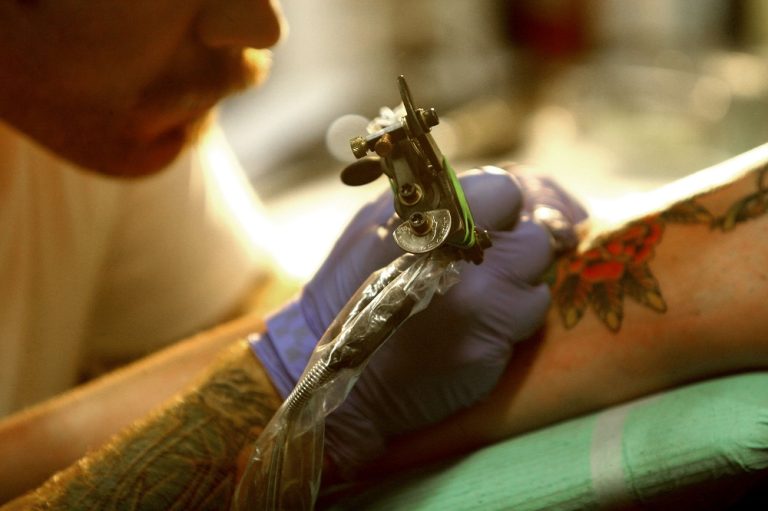Content
The best way to quit benzodiazepines is to avoid withdrawal by asking your doctor to taper down your dose. Tapering means taking progressively smaller what causes withdrawal seizures doses over the course of a few weeks or months. Symptoms will be milder than acute withdrawal and they can disappear for weeks at a time.
Seizures are surges of brain activity that cause convulsions and other involuntary symptoms. Other factors that can trigger a seizure include a high fever, medications, and alcohol withdrawal. Over 50% of alcohol withdrawal seizures may relate to additional risk factors, such as preexisting epilepsy, structural brain lesions, or drug use. Alcohol’s half-life is around four to five hours, which means your body will process the chemical out of your bloodstream within that time frame. After that, many of alcohol’s effects will have faded or will begin to fade.
What Happens After Alcohol Detox?
Before taking any medication, know the potential risks and be mindful of symptoms. Seek medical attention if you are experiencing any severe side effects. Underlying medical issues can cause seizures if they significantly affect brain activity in some way. For example, the most common reason for seizures in older adults is a stroke, when part of the brain has less blood flowing to it.
These seizures typically end on their own after a brief period of seizing. The period of greatest seizure risk is between 6-48 hours after someone has taken their last drink of alcohol. Without prompt treatment, the condition can result in severe complications, including death. However, the risk of death has reduced significantly since doctors began treating DT with benzodiazepines. It requires immediate treatment in an inpatient or intensive care unit (ICU) setting. This allows medical professionals to monitor a person’s vital signs and administer necessary medications.
Overview of Benzodiazepine Withdrawal
In the past several years, dramatic advances have been made in understanding the short- and long-term effects of alcohol on the central nervous system. These advances have provided new insight into the pathophysiology of alcohol withdrawal seizures. In contrast to epileptic seizures, alcohol withdrawal seizures originate in brainstem systems and involve unique cellular and molecular mechanisms. Newer agents, such as chlormethiazole, topiramate, gabapentin, and valproate are promising, but validation in controlled clinical trials is necessary.
Stress management activities such as yoga and meditation may also help you cope with your withdrawal experience. Be sure to reach out to your doctor, however, if you are struggling to cope or if you experience any worrisome symptoms. For this reason, you should always talk to your doctor before stopping or reducing your substance use. John C. Umhau, MD, MPH, CPE is board-certified in addiction medicine and preventative medicine. For over 20 years Dr. Umhau was a senior clinical investigator at the National Institute on Alcohol Abuse and Alcoholism of the National Institutes of Health (NIH).
Treatment and management
Status epilepticus is a medical emergency that may lead to lasting brain damage or death. This article looks at the connection between alcohol, seizures, and epilepsy, as well as treatment options and support. If treated with the wrong kind of antiepileptic drugs (AED), seizures may increase, as most AEDs are developed to treat a particular type of seizure. Use of certain recreational drugs may lead to seizures in some, especially when used in high doses or for extended periods. These include amphetamines (such as amphetamine, methamphetamine, MDMA (“ecstasy”), and mephedrone), cocaine, methylphenidate, psilocybin, psilocin, and GHB. These symptoms typically last between 2-3 days after they begin but have been known to linger for 2 weeks in some cases.
Many of these symptoms pose a serious risk to someone’s health or even their life. Even with appropriate treatment, DT has a rate of death between 5 and 15%. In other cases, they might happen within hours, days, or weeks after the injury. About 50 percent of TBI-related seizures happen within the first 24 hours. You should go to the emergency room if you have any event that makes you pass out, and you don’t know what caused it.
Types of Withdrawal
Out of all people who will experience withdrawal from alcohol, only about 1-5% of them will experience DTs. Alcohol withdrawal seizures also introduce complications indirectly arising from the seizure. This can include injury while seizing, such as suffering a concussion, biting through the tongue, choking, and a variety of other injuries. These issues, while not directly due to alcohol withdrawal, are very serious and great care should be taken when someone is experiencing a seizure.

Seizures may occur in around 5% of people with alcohol withdrawal syndrome. Alcohol may negatively affect sleep, and sleep disruptions may trigger seizures. For people with epilepsy, alcohol may interact with epilepsy medications and worsen their side effects or make the medications less effective in preventing seizures.